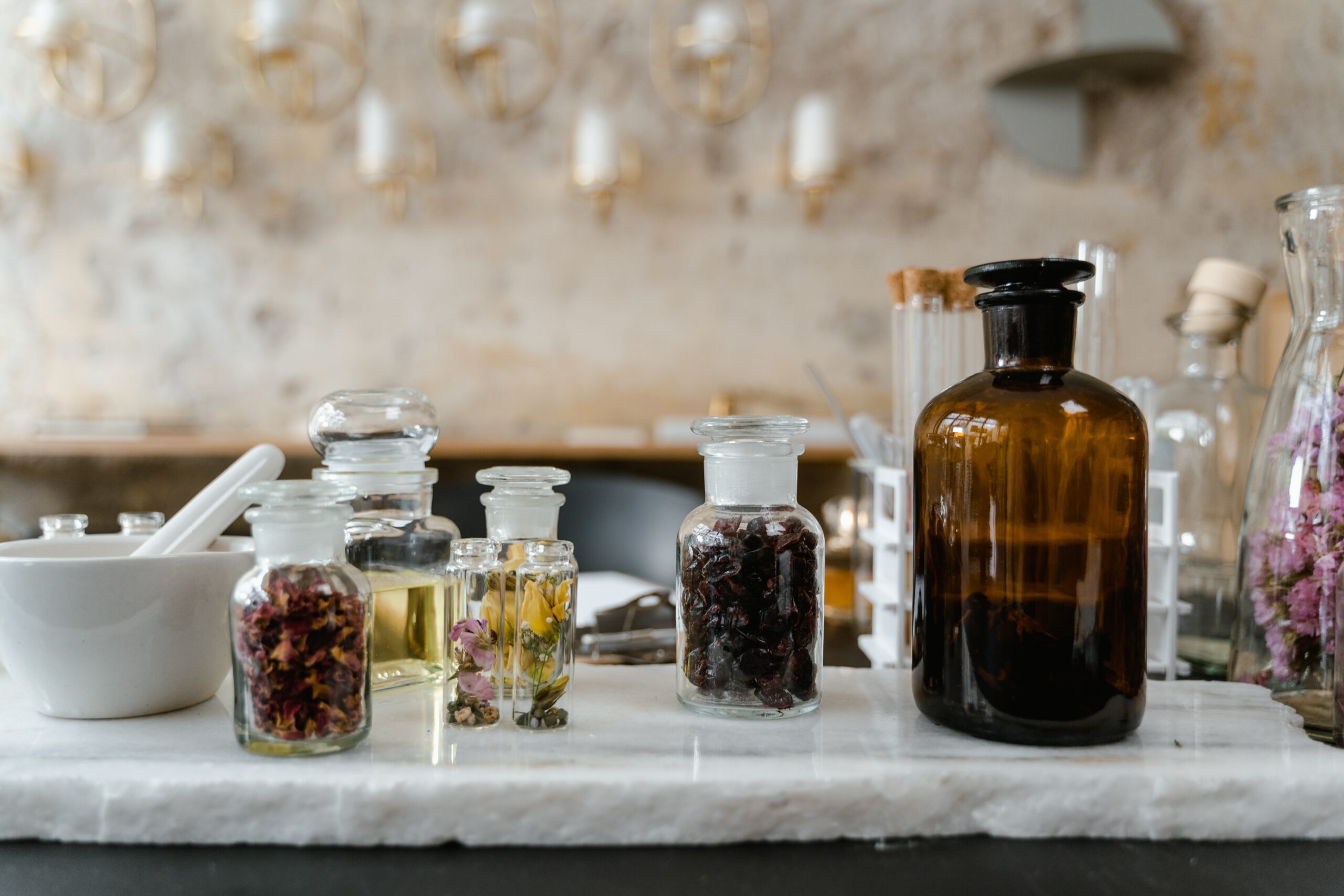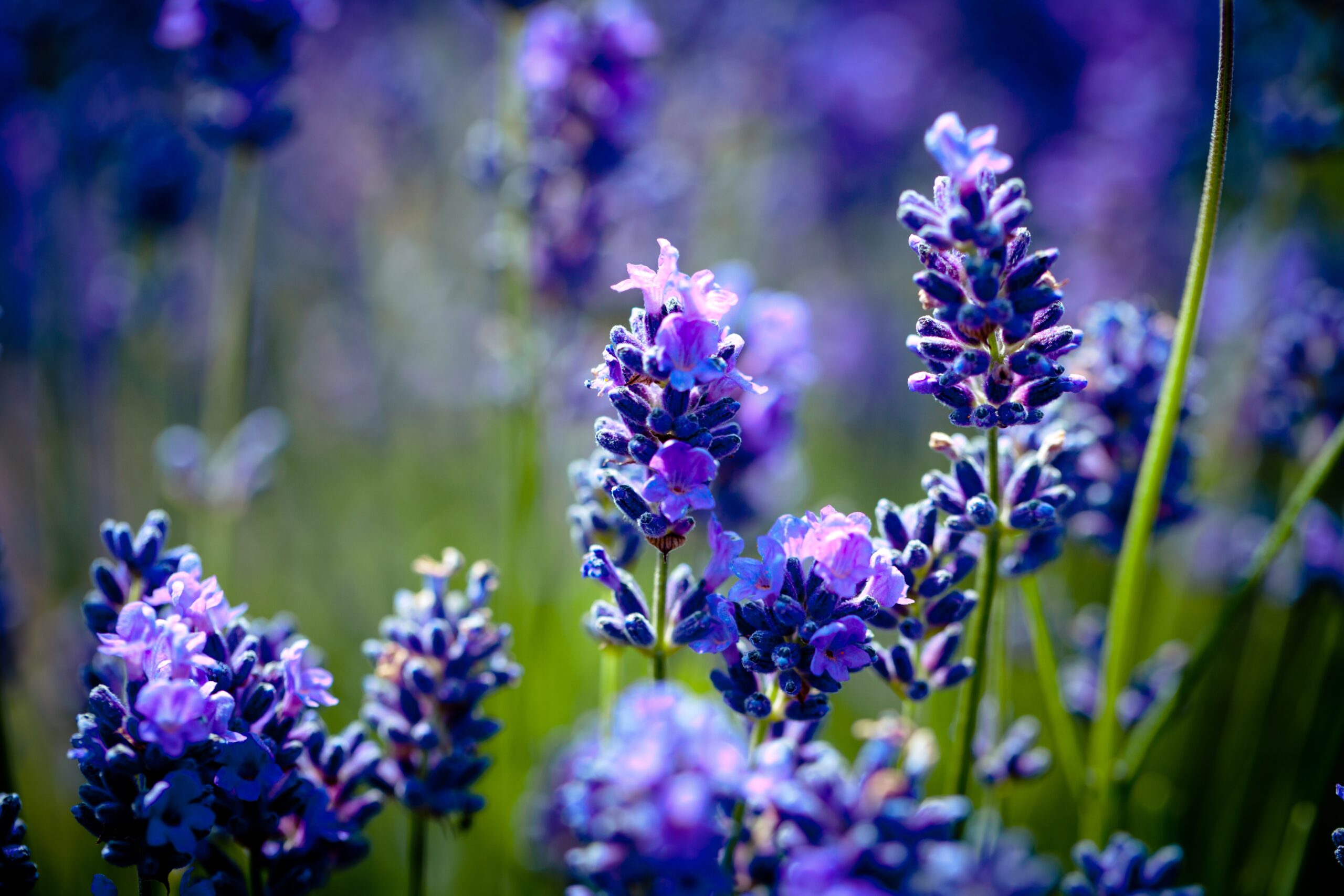
summing up the 6 key values of herbal medicine
with medical herbalist, Schia Sinclair
Our goal with sofi talks is to examine the relationship between people and plants from a kaleidoscope of different perspectives. At sofi, we share the belief that by creating a discussion that revolves around a diversity of perspectives, and by working out the differences between them, we just might uncover some new and impactful truths. For the third of our sofi talks, we are excited to feature the opinion of three different medical herbalists, Pamela Spence, Schia Mitchell Sinclair, and Sabrina Biscardi.
Click here to watch the extended video.
Part 2/3.
*Schia has a long history of interest in nature and healing, with a BSc in microbiology and an environmental master’s degree in science. Since this, her work has gone from the lab to environmental mediation and she focuses on supporting people on their journey of better health using plants.
the 6 key values of herbal medicine
- Herbal medicine is not just a career, it’s a way of life.
I don’t think you will find a single herbalist out there that doesn’t love plants, love nature and doesn’t incorporate these two aspects of life into almost everything they do.
As herbalists, herbs tend to end up being central to our whole lives; we use them in food, we grow them in our garden and we use them medicinally — not only for ourselves but also for our family and friends.
- Herbal medicine takes into account the whole person.
For example, we look at what people are eating (because to be honest, all the herbs in the world are not going to help a person if they’re living on mars bars and coffee). We look at how they spend their days, whether or not they're getting enough rest... Are they going outside? How much exercise are they getting? How happy are they in their jobs and relationships and day-to-day life?
Understandably, these are all very important factors to take into consideration because we all know how much these behaviours can affect a person’s health. We also check what other drugs and supplements they might be taking, as well as running through every system in their body to make sure we are aware of everything they are dealing with at that moment.
It's a total thorough approach, and one that you rarely find within other facets of medicine.
- Herbal medicine lets people feel empowered to take responsibility for their own health
Enabling people to trust in their own bodies and in nature is a crucial part of healing — and many herbal medicine patients will gradually get to know herbs and will start to use them when they are feeling not so great at home.
Many will start to gradually acknowledge the messages that they are getting from their bodies, that they may have previously been ignoring, which I think is completely awesome and empowering to observe.
- Herbal medicine takes time
Most herbalists spend at least half an hour — if not up to 90 minutes — per visit to talk through all aspects of a person’s life. You can get to know an awful lot in that time and you can really tailor the medicine to that individual’s needs.
We also get to know our patients and what they can and can’t do. We aim to help them take small steps that they can manage, rather than overloading them with a whole load of detail that they may find overwhelming. We help them take small steps that will help build up their health bit by bit.
- Herbal medicine is individual
This means that no two people will end up with the same prescription, even if they have the same problem.
For instance, I have two patients, they both have trouble getting to sleep, both complaining of a very busy mind and that their minds are going round and round in circles, which is stopping them from getting to sleep. So, because these two patients seem to be struggling with the same issues you may think, okay they are similar enough to want the same mixture, but then you come to the herbal perspective and we look at these patients deeper.
One patient is a student who is constantly on her phone and worrying about exams, she just needed some advice on how to wind down at the end of the day, things like; switching off her phone, curfew on her phone usage, etc. That, together with a mixture of sedative herbs, like valerian and passiflora, immediately helped to sort her out. Whereas the other patient was an entirely different story.
He had a history of childhood abuse and he couldn’t tolerate anything that made him feel sleepy because it made him feel threatened; feeling sleepy was not a safe thing for him, so in his case, it was a mixture of ashwagandha and nutmeg that I prescribed. Ashwagandha because it's an adaptogen, and nutmeg because it's a hypnotic that really helped him to drift off into sleep in a way that didn't make him feel like he was being sedated.
You can see from these two examples, just how vastly treatment and herbal prescriptions can vary between two individuals, despite a plethora of shared symptoms upon first glance.
- Herbal medicine prescriptions are based on science but, also traditional use and clinical experience.
Science has not been around nearly as long as herbal medicine and, in many ways, it’s still catching up — so there are limitations on the science that is available to study herbs.
The ‘gold-standard' test for science is the randomised control trial — but this really doesn’t work for herbal medicine because it’s based on the premise that you can give one thing to a whole load of people and then evaluate how effective it is. But as we saw in the previous point, herbal medicine is highly individual.
So, while herbalists are very keen on keeping up with science and very much appreciate it for backing up some of what we already know and have been saying for centuries, its applications to a herbalist’s practice can sometimes be limited.
We do have some other really valuable sources of information that we base our practices on, which is primarily traditional use. This means the role of herbs within the human body as has been documented in many books since ancient times, including both traditional applications within our own tradition (the western herbal medicine tradition), as well as other traditions such as Chinese or Ayurvedic herbal medicine, and many more.
Lastly there's clinical experience; this is our own and others' clinical experience, so, in other words, what has happened on the ground when patients were treated with herbs, and what other herbalists’ experiences have been of using particular herbs for particular conditions.
We’re also in an amazing position today, as technology has made the world a much smaller place. We now have the capacity to engage with other herbalists across the world on a regular basis using networks and personal contacts — and so we regularly share queries, case histories, anecdotes, and updates on our experiences with herbs.This empirical research — aka what we can see with our own two eyes — has an invaluable role in shaping our practice, and we look to one another to further our expertise, as a natural result.

